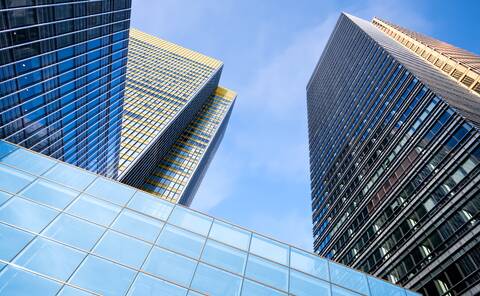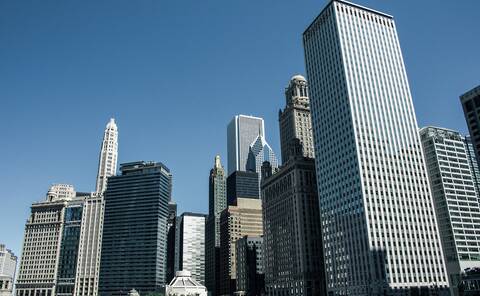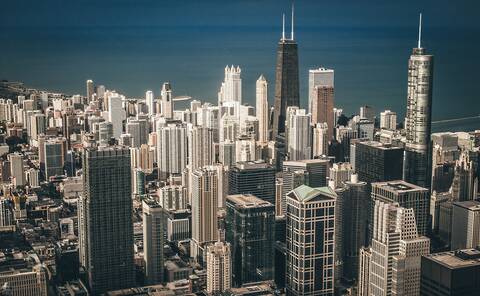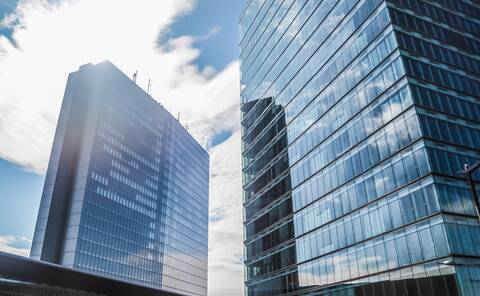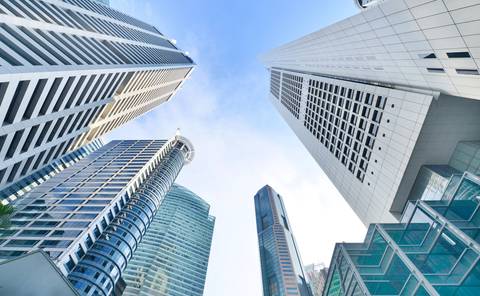Mauritius
Overview
Mauritius, officially the Republic of Mauritius, is an island nation off the coast of the African continent in the south-west Indian Ocean, about 900 kilometres east of Madagascar. In addition to the island of Mauritius, the Republic includes the islands of St. Brandon, Rodrigues and the Agalega Islands. Mauritius is part of the Mascarene Islands, with the French island of Réunion 200 km to the south-west and the island of Rodrigues 570 km to the north-east. A stable democracy with regular free elections and a positive human rights record, the country has attracted considerable foreign investment and has earned one of Africa's highest per capita incomes.
Economy
Since independence in 1968, Mauritius has developed from a low-income, agriculturally based economy to a middle-income diversified economy with growing industrial, financial, and tourist sectors. Mauritius has achieved steady and strong growth over the last several decades, resulting in more equitable income distribution, increased life expectancy, lowered infant mortality, and a much-improved infrastructure. The economy rests on sugar, tourism, textiles and apparel, and financial services, and is expanding into fish processing, information and communications technology, and hospitality and property development. Sugarcane is grown on about 90% of the cultivated land area and accounts for 15% of export earnings. Mauritius has attracted more than 32,000 offshore entities, many aimed at commerce in India, South Africa, and China. Investment in the banking sector alone has reached over $1 billion. Mauritius' sound economic policies and prudent banking practices helped to mitigate negative effects of the global financial crisis in 2008-09. GDP grew in the 3-4% per year range in 2010-13, and the country continues to expand its trade and investment outreach around the globe.
For further information please contact us:

